When people ask me why I’m vegan, the simplest answer I can give—and the one that I most often do give these days—is that veganism is my practice and expression of ahimsa. Ahimsa is an animating principle in several Eastern religions, including Jainism, Hinduism, and Buddhism. Sometimes it’s translated as nonviolence, sometimes as “doing no harm.” It’s often simply translated to “compassion.”
Compassion is a central value in my life, something I aspire to access and practice even when it isn’t easy. Lately I’ve come to think that it matters to me precisely because it has taken me a long time to cultivate.
I don’t mean that I’ve behaved routinely without compassion in the past—at least, I hope I haven’t. My mother taught me at a young age to “walk a mile in another’s shoes,” and encouraged me to see things from other peoples’ points of view whenever I could. If I couldn’t, she said, I could at least make myself aware that the other person had a point of view, one that was separate from mine, yet equally true. Whenever I hear the famous saying of “be kind, for everyone you meet is fighting a hard battle,” I think about my mom and her words.
Even so, my tendency as a young person was toward rigidity and hard lines. I was quick to make judgments about what was good or bad, right or wrong. And I was never more judgmental than when I was judging myself. It pains me to look back on how unforgiving I was with myself through my teens and twenties; not just anorexia and cutting, which were the obvious physical/behavioral manifestations of this harshness, but also the impossible standards I held myself to, and the mercilessly punishing thoughts I let loose on myself when I inevitably didn’t measure up.
Recovery from perfectionism is a story that many women I know can relate to; it’s a journey that I observe many friends going through as we all get a little older and wiser. But it’s really only recently that I’ve realized how my punitive self-treatment prevented me from approaching others with compassion.
I’ve often heard it said that it’s impossible to extend compassion to other people when you’re incessantly preoccupied with judging and censuring yourself. Self-forgiveness and self-love foster empathy; when we’ve done the hard work of learning how to cut ourselves some slack, we’re more able to meet other people where they are.
Lately, and really for the first time, I’ve been practicing self-compassion. It isn’t something I mastered through trying; it’s something that happened to me, out of necessity. So much of the identity I used to take pride in has been stripped away in the last five or so years, leaving me in a position of having to accept what’s still here. And depression has been real and poignant enough recently that I can’t help become more gentle with myself; it felt less like a conscious loosening of expectations than a matter of survival.
The wisdom is true: the better friend I am to myself, the deeper my love for other people becomes. I’m so much gentler and more humorous and caring these days than I ever have been, not only in my behavior but also in how I feel. There’s a softness I’m carrying around, a sense of heart, and a humility that I just didn’t have before. I look back on my uncompromising younger self with affection, but I’m so glad to be outgrowing the sharp edges.
All of this comes to mind because of an article a friend recently shared on Twitter. It’s written by Pema Chodron, whose book When Things Fall Apart has been a lifeline for me this year (I’ve read it three times in less than 15 months). Chodron describes the tonglen practice, which by her telling is
. . . a method for connecting with suffering — ours and that which is all around us — everywhere we go. It is a method for overcoming fear of suffering and for dissolving the tightness of our heart. Primarily it is a method for awakening the compassion that is inherent in all of us, no matter how cruel or cold we might seem to be.
Tonglen connects breath work with visualization and conscious thought:
We begin the practice by taking on the suffering of a person we know to be hurting and whom we wish to help. For instance, if you know of a child who is being hurt, you breathe in the wish to take away all the pain and fear of that child. Then, as you breathe out, you send the child happiness, joy, or whatever would relieve their pain. This is the core of the practice: breathing in another’s pain so they can be well and have more space to relax and open, and breathing out, sending them relaxation or whatever you feel would bring them relief and happiness.
What a beautiful idea this is, but as I was reading, I found myself feeling frightened by it, too. I’ve had to work hard to learn and practice interpersonal boundaries in my life, and the idea of engaging so intimately with pain around me was immediately threatening. Chodron acknowledges this fear openly:
Truthfully, this practice does go against the grain of wanting things on our own terms, of wanting it to work out for ourselves no matter what happens to the others. The practice dissolves the armor of self-protection we’ve tried so hard to create around ourselves. In Buddhist language one would say that it dissolves the fixation and clinging of ego.
Touché.
Chodron also notes that tonglen practice can be particularly challenging if one is grappling with unresolved personal suffering, anxiety, or pain. But the practice can actually serve to address this:
. . . we often cannot do this practice because we come face to face with our own fear, our own resistance, anger, or whatever our personal pain, our personal stuckness, happens to be at that moment.
At that point you can change the focus and begin to do tonglen for what you are feeling and for millions of others just like you who at that very moment are feeling exactly the same stuckness and misery. Maybe you are able to name your pain. You recognize it clearly as terror or revulsion or anger or wanting to get revenge. So you breathe in for all the people who are caught with that same emotion and you send out relief or whatever opens up the space for you and all those countless others. Maybe you can’t name what you’re feeling. But you can feel it — a tightness in the stomach, a heavy darkness, or whatever. Just contact what you are feeling and breathe, taking it in for all of us and sending out relief to all of us.
I love this. I welcome any reminder that suffering can ultimately connect and bring us closer. True pain often feels isolating, lonely, and unique—like something no one could possibly understand, even if you tried to explain it. But if we allow ourselves to fully experience and digest pain, it can render us more sympathetic to others and their struggles.
This week I’m also sharing an article that a friend sent to me last week. The author, Eric Barker, suggests five questions that can help to put difficult times into perspective. The questions are good, and I think they’re particularly useful for managing stress and anxiety, as they all invite us to make distinctions between what really matters and what doesn’t.
Maybe these articles will encourage you to treat yourself more gently this week, to greet a setback or struggle with softness. I hope they do, and I hope you’ll enjoy the other links, too, as well as these fabulous vegan recipes from around the web.
Recipes
A simple, flavorful veggie side dish for fall, courtesy of the the lovely Sonja and Alex at A Couple Cooks: butternut squash with pickled onions. I love the idea of adding fluffy dollops of cashew cream!
While fresh herbs are still abundant, it’s a good time to make David and Luise’s beautiful vegan pesto cauliflower pasta. I love the cheesy “nut dust” they sprinkle on top of the dish—it’s basically a homemade vegan parm, but with a much more whimsical name 🙂
Alexandra’s cozy stuffed sweet potatoes are Mediterranean-inspired comfort food at its very best. I love everything about this meal.
I always add some sort of crunchy or textured topping to creamy soups—I appreciate the contrast and variety. Gina takes soup topping to a whole new level with these gorgeous bowls, a combination of pumpkin soup, crispy baked artichokes, roasted chickpeas, nuts, and pomegranate seeds. They’re pretty enough to serve for a holiday meal!
I saved breakfast for last today, in the form of Sarah’s simple, delicious vegan banana nut muffins.
Reads
1. First, Pema Chodron explains the meaning and intention behind tonglen practice.
2. Eric Barker lists five questions that can help to carry you through difficult times.
3. An interesting perspective on childrens’ mental health, this article explores whether the decline of “play”—unstructured, curious, exploratory free time—may be linked to the rise of depression and anxiety among young people.
4. I spent a lot of time last year studying the nocebo effect—the worsening of health symptoms as a result of expectation—specifically as it relates to food and digestive health. Much more tends to be written about the placebo effect (which is the opposite, an improvement in symptoms due to a patient’s expectation of beneficial results), but the phenomena are linked, and I think they’re both fascinating. This article gives a good introduction to the nocebo effect and its remarkable power.
5. Three American scientists were awarded this year’s Nobel Prize in physiology or medicine. Jeffrey C. Hall, Michael Rosbash, and Michael W. Young’s work sheds light on the nature of so-called circadian rhythms—specifically, they were able to isolate and identify a specific gene that controls biological rhythms of waking and sleeping. This article says more about their work and its implications for work, schools, and policy-making.
I spent a little time yesterday simmering a fragrant, sweet-and-sour batch of apple raisin chutney. It’ll be folded into some tasty, Indian-inspired wraps, and I’m excited to share the recipe in a couple days. Happy Sunday!
xo
You might also like
A week-long head cold wasn’t how I planned to begin 2019, but the nice thing about having some time off from the DI is that I’ve been able to absolutely nothing in the last few days, aside from drinking tea, answering emails from my phone, and catching up on television. In the past, I’ve been great at talking about the importance of rest and slowing down, very bad at actually doing those things without an overlay of guilt or nervousness about what isn’t…
I was so saddened to hear on Friday that Fatima Ali, a former Top Chef contestant, had passed away after a year-long battle with Ewing’s sarcoma. It’s been a long time since I tuned into Top Chef, but I’d learned about Chef Ali when she contributed this essay to Healthyish. She wrote it when her cancer had already been deemed terminal. It’s a funny, strong, humble meditation on how she intended to approach her remaining time. The following quotation has been shared widely…
Happy July 4th, everyone! I hope you have a celebratory day, filled with good company and good food. Steven and I are having a low key holiday at home this year. The avenues are quiet, the cars have all been driven away, and the city feels uncharacteristically spacious. Part of what I love about New York is its grittiness and bustle and noise, but when the city is empty over these long summer weekends I can admire it in a different way, peeking…
Happy October! I feel as though I’m constantly making remarks in these posts about how quickly time is flying, so I should probably just accept that pace as the nature of things. But, seriously: time is flying. I can’t believe September has already come and gone. In looking back on this month, I can definitely see that some of the overwhelm I was feeling this week is due to my having been a lot more open and social than I have been in…

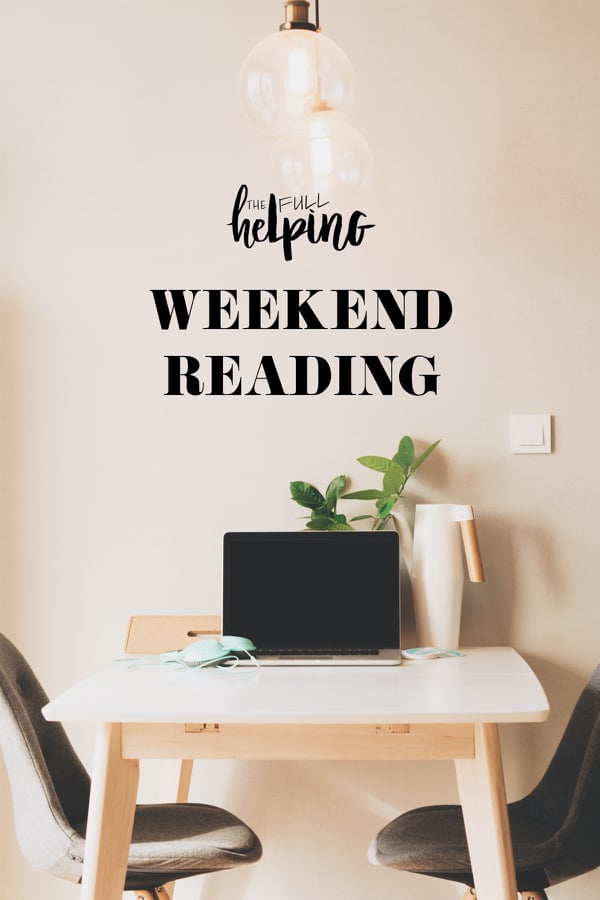
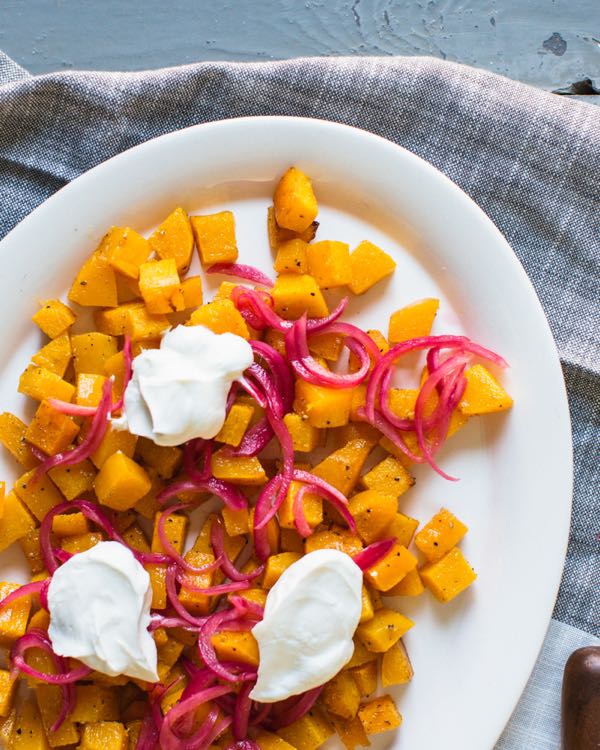
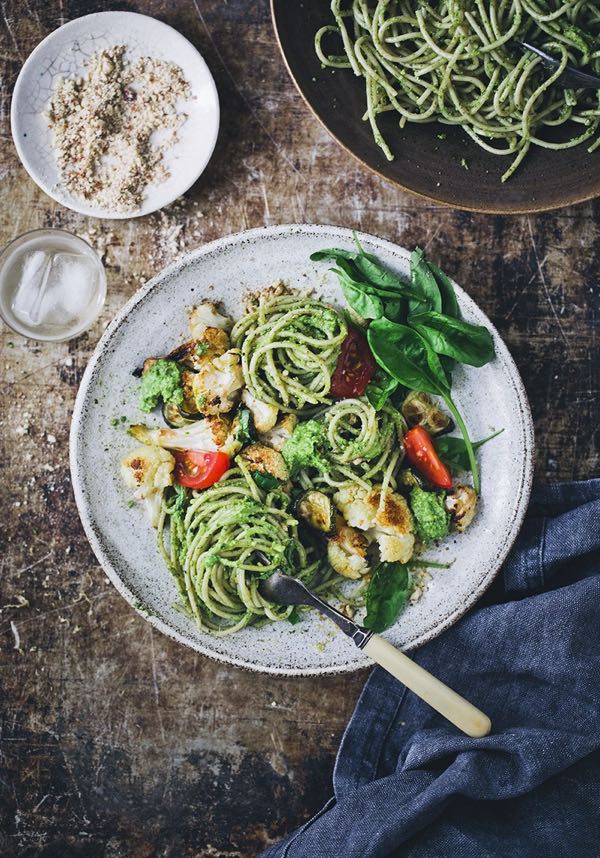
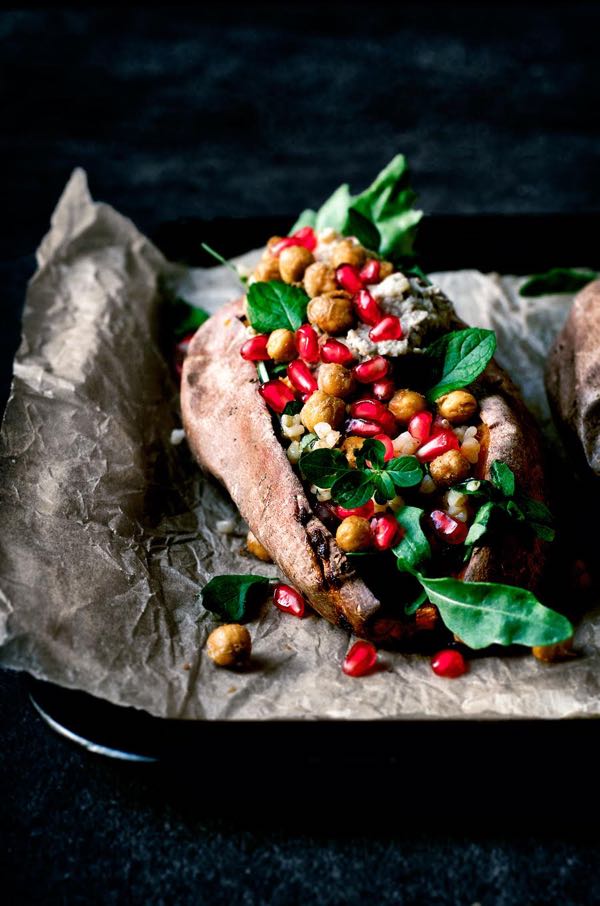
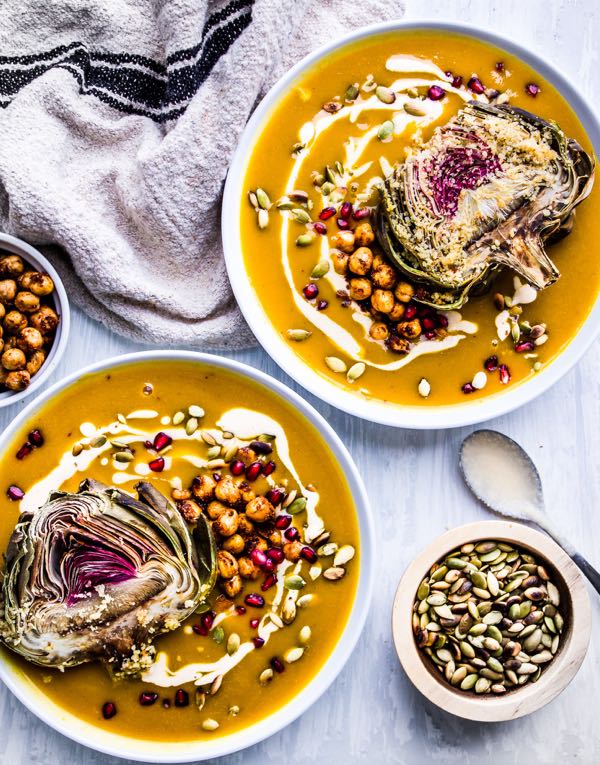
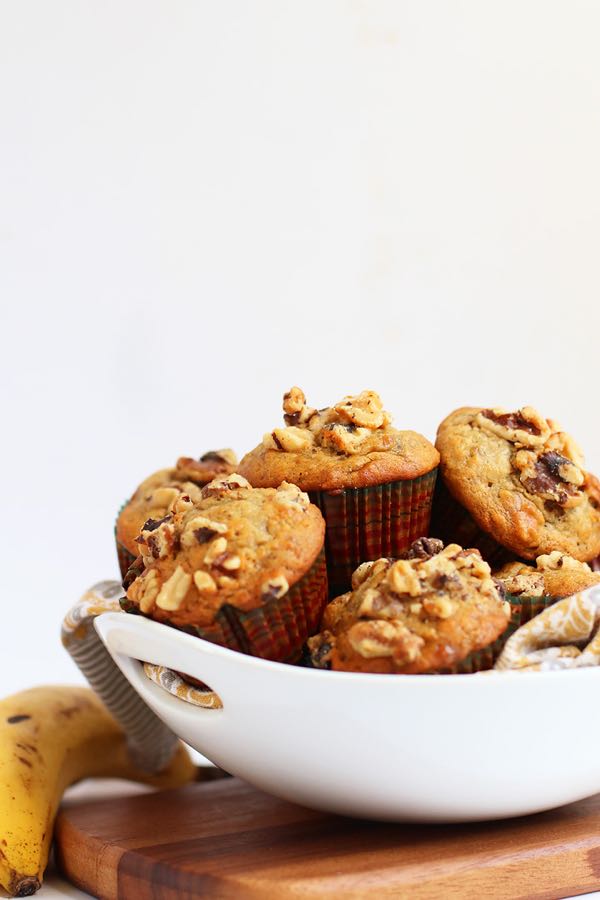
Leave a Comment
Gena! Lovely post as usual. I really love all of Brene Brown’s books too, particularly The Gifts of Imperfection and Rising Strong. I’m going to read When Things Fall Apart now! I already get Pema Chodron’s weekly emails and they are always so perfect and helpful.
So proud of you, Gena, for practicing self compassion and also for being brave enough to talk about your journey to that point. Such a touching article – every time I read something from you it makes me feel a little stronger. I think about Ahimsa often but remembering to practice self care can be left behind for a lot of people, and it’s certainly of equal importance to caring for others. Thank you for sharing, as always.
What a beautiful post, Gena. It moved me deeply> I so appreciate your honesty and the depth of what you are able to share as time goes on about your journey and your process. Pema Chodron’s When Things Fall Apart was a pivotal read for me when a friend gave it to me after the diagnosis of MS. and then many years later when my golden retriever died. It was when I was rereading it that I felt Romeo’s spirit–I had seen his photo, but was afraid to lose another dog-nudge me, and say, just give it a chance. When we are present with those fears and can be in the moment, so much is possible, especially opening up to love. I am trying to catch up over here, but plan on reading the full tonglen article as soon as I can. I laughed out loud at Eric Barker’s first question “is it useful?” This is one of my favorite questions to myself and it has taught me as I’ve gotten older how to keep myself out of states of mind and feeling that aren’t. The other articles look great, and I am going to check them out. I loved the food, too, –especially that term “nut dust.” Oh, how perfect, Thank you, dear heart, for another dazzling edition of weekend reading! xo-
Gena – just a lovely post in every way. My favorite yet. And then you throw in the recipes and articles? We readers are lucky to have you. Xo
Well, here’s a strange thing: I discovered tonglen when I was at the lowest ebb of my life, praying to never wake up again and angry when, every morning, I did. I was emotionally devastated, simultaneously in agony and empty. But weirdly, I could practice tonglen and gain some comfort from it, perhaps because the darkness I already felt was like a black hole pulling everything in, then what was left behind felt light and bright. I was already so filled with fear and pain that more of it was irrelevant, so I didn’t shrink from the practice at all. The comfort I received from this is more elusive for me since I’m more stable.
Ain’t life weird?
I really enjoyed reading this post, Gena – especially hearing you describe ahimsa and how it relates to the way you’ve treated yourself. I’ve been through something similar too. I’d like to discuss this with you further – please look out for an email from me soon!
As happens so often lately, lots of what you shared today resonates deeply with me. Perfectionism, rigidity, a tendency to judge myself harshly and see things in black and white sound very familiar! I too have a need for radical compassion towards myself and it’s become more and more clear over time. The more work I do, the more I see that needs to be done. I guess that’s the clearing away of the cloudy veil. It’s a good thing right? But sometimes so uncomfortable! But all that work eventually brings a lot of joy and more comfort too. What a process…life…I think it does call for a bowl of pumpkin soup. Thanks as always for sharing!
This was a very heartfelt post and one I enjoyed reading. As a woman (especially a new mom) I understand and realize this more now than ever. Thank you. And thank you also for sharing my recipe! xoxo
Thank you so much for this. Especially saying that the practice frightened you. I tend to over-empathize and it causes me anxiety, but I think the practice of breathing in the “problem” (which i do automatically) can be balanced by breathing out some strength to those dealing with the problem. It’s a challenging balance to try to balance my own need for not burning out and the concern, even drive, to help others.
The recipes look wonderful as always and I’m eager to try them. Thank you for taking the time to share.
Ahimsa is a guiding belief for me too. So much so that I have it tattooed on my arm! Although it’s there for me, it’s turned out to be a great conversation starter.
Thanks so much for sharing all of these delicious recipes and thoughtful reads each week. I’m always eager to read it!